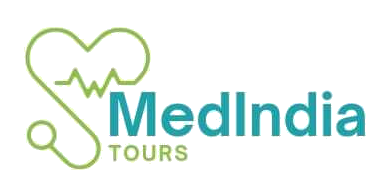
Advanced Treatment for Autism In India
Autism spectrum disorder (ASD) is a complex neurodevelopmental condition that affects communication, behavior, and social interactions.
With advancements in medical research and technology, new and innovative treatments are emerging to help individuals with autism lead more fulfilling lives.
From cutting-edge therapies like regenerative cell treatment and hyperbaric oxygen therapy to personalized behavioral interventions, the latest medical breakthroughs are offering renewed hope to families worldwide.
What is Autism??
Autism Spectrum Disorder (ASD) is a lifelong neurodevelopmental condition. It impacts social interaction, communication, behavior, and sensory processing.
It is referred to as a “spectrum” because symptoms and their intensity can vary widely from person to person.
Some individuals with autism may have challenges with verbal and non-verbal communication. Sometimes struggle with changes in routine, or engage in repetitive behaviors, while others may excel in specific areas such as mathematics, music, or art.
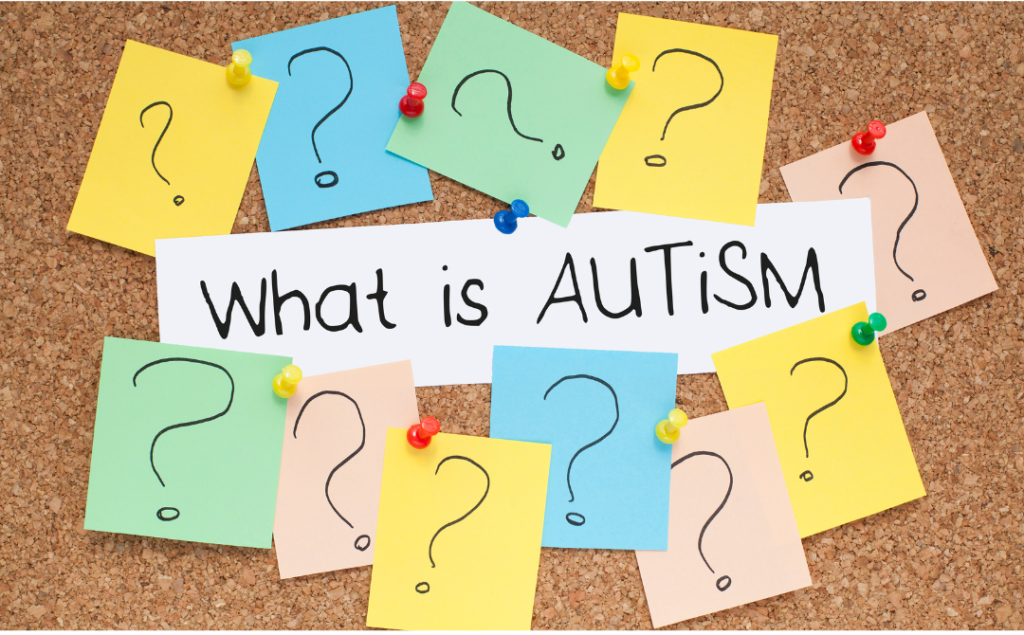
Though the exact causes of autism remain unknown, research suggests a combination of genetic and environmental factors play a role.
Early diagnosis and tailored interventions, such as behavioral therapy, speech therapy, and advanced medical treatments, can significantly improve social skills, cognitive development, and overall quality of life.
With increasing awareness and access to innovative therapies, individuals with autism can reach their full potential and lead independent, fulfilling lives.
Types of Autism
ASD is now classified as a single condition with varying degrees of severity. However, it was previously categorized into different subtypes based on symptom presentation. The current classification under the DSM-5 categorizes autism into three levels based on the level of support needed:

- Level 1 Autism (Mild Autism / High-Functioning Autism – HFA):
- Individuals may have difficulty with social interactions and communication but can function independently.
- They may struggle with understanding social cues and maintaining conversations.
- Preference for routines and specific interests is common.
- Requires minimal support in daily life.
- Level 2 Autism (Moderate Autism):
- Individuals with Level 2 Autism experience greater challenges in social interactions and communication than those with Level 1 Autism.
- They may have difficulty using verbal and nonverbal communication, with limited speech or challenges understanding facial expressions and body language.
- Significant difficulty adapting to change and engaging in repetitive behaviors.
- Requires moderate support in daily activities.
- Level 3 Autism (Severe Autism):
- Severe impairments in communication, both verbal and nonverbal.
- Intense repetitive behaviors and resistance to change.
- May have intellectual disabilities or sensory processing challenges.
- Requires substantial support and, in many cases, lifelong care.

Other Related Conditions
Though not classified as autism under the DSM-5, the following conditions share some similarities and were historically associated with ASD:
Asperger’s Syndrome (Previously Diagnosed Separately, Now ASD Level 1):
Individuals may have difficulty with social interactions but often have strong intellectual abilities and deep interests in specific topics. Previously considered a distinct diagnosis for individuals with mild autism symptoms and strong verbal skills. Merged into Autism Spectrum Disorder (ASD) Level 1 under the DSM-5 classification.
Rett Syndrome (A Genetic Neurological Disorder, Not Classified as ASD):
A rare genetic disorder caused by mutations in the MECP2 gene, primarily affecting girls. Symptoms include loss of purposeful hand use, slowed growth, communication difficulties, and motor impairments. Although Rett Syndrome shares some autism-like symptoms, it is classified as a separate neurological disorder.
Symptoms of Autism
The symptoms of autism can vary widely, but they generally fall into two main categories: social communication difficulties and restricted or repetitive behaviors.
1. Social Communication and Interaction Symptoms:
- Difficulty with verbal and nonverbal communication (e.g., limited speech, difficulty understanding gestures or facial expressions).
- Challenges in forming and maintaining relationships.
- Reduced eye contact and facial expressions.
- Preference for solitary activities rather than group interactions.
- Difficulty understanding emotions and perspectives of others.
- Lack of interest in sharing interests or experiences with others.
2. Repetitive Behaviors and Restricted Interests:
- Engaging in repetitive movements (e.g., hand flapping, rocking, spinning).
- Strict adherence to routines and distress when routines are disrupted.
- Intense focus on specific interests or topics.
- Unusual responses to sensory input, such as hypersensitivity to lights, sounds, or textures.
- Fixation on specific objects or patterns.
Additional Symptoms and Challenges:
- Emotional regulation difficulties, leading to frequent meltdowns or anxiety.
- Delayed speech and language development.
- Unusual sleeping or eating habits.
- Hyperactivity or inattention.
Treatments Available for Autism
While there is no known cure for Autism Spectrum Disorder (ASD), various treatment approaches can help individuals manage symptoms and improve their quality of life. These treatments range from behavioral therapies to advanced medical interventions
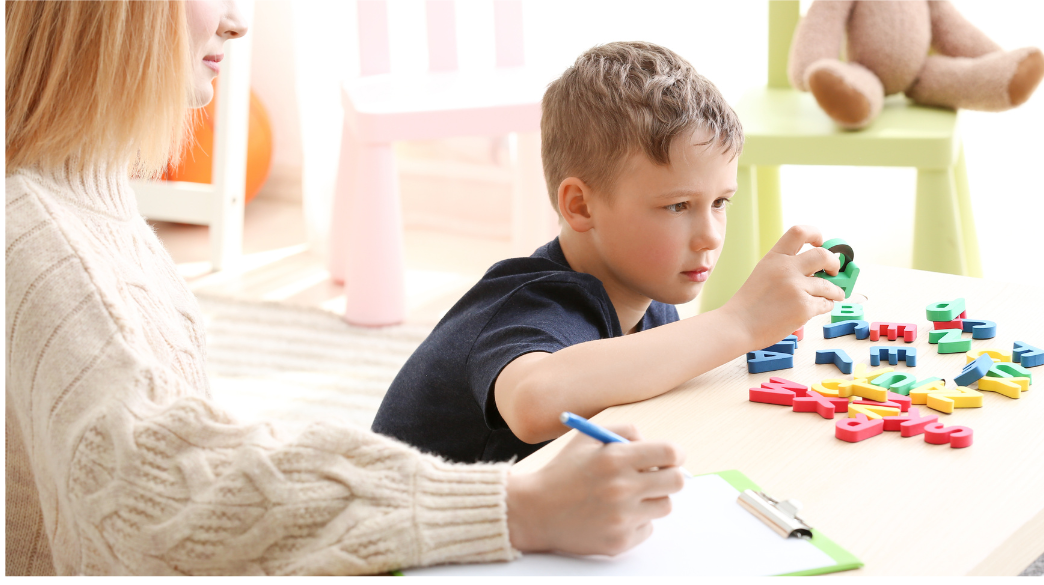
- Behavioral and Developmental Therapies:
- Applied Behavior Analysis (ABA): A widely used therapy that helps improve communication, social skills, and adaptive behaviors through positive reinforcement.
- Speech and Language Therapy: Helps individuals develop verbal and nonverbal communication skills, improving their ability to express needs and interact with others.
- Occupational Therapy (OT): Focuses on developing fine motor skills, sensory processing, and daily living activities to promote independence.
- Social Skills Training: Teaches individuals how to interact in social settings, understand emotions, and build relationships.
- Medical and Pharmacological Treatments:
- Regenerative Cell Therapy (Emerging Treatment): Regenerative cell therapy is being researched as a potential treatment for autism. This therapy helps in repair damaged neural connections, improve brain function, and reduce autism symptoms.
- Medications for Autism-Related Symptoms: There is no single medicine for autism, but doctors may prescribe medications to help with anxiety, hyperactivity, or sleep problems.
- Hyperbaric Oxygen Therapy (HBOT): This treatment involves breathing pure oxygen to help reduce inflammation and improve brain function.

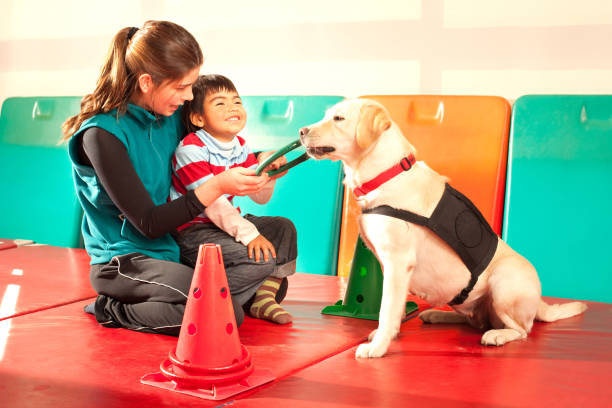
- Additional Supportive Therapies:
- Special Diets: Some children and adults with autism may feel better on diets without gluten or dairy, though results vary.
- Sensory Integration Therapy: Helps individuals process sensory information more effectively, reducing sensitivities to lights, sounds, and textures.
- Music and Art Therapy: Encourages self-expression and communication through creative activities, which can be particularly beneficial for nonverbal individuals.
- Animal-Assisted Therapy: Interaction with animals, such as therapy dogs or equine therapy, can improve social skills and emotional regulation.
What you can expect after Regenerative Cell Therapy
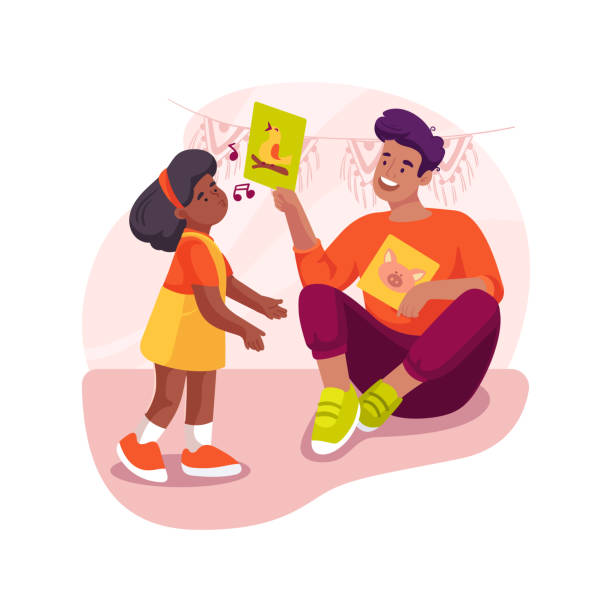
- Social interaction
- Eye contact
- Speech and communication
- Reduced repetitive behaviors
- Better emotional regulation
Treatment Cost of Autism in India
The average cost of stem cell therapy for autism in India ranges from $5,000 to $10,000 USD, depending on the treatment plan, number of sessions, and hospital facilities. This competitive pricing coupled with India’s world-class medical infrastructure with highly skilled doctors, and comprehensive care.

